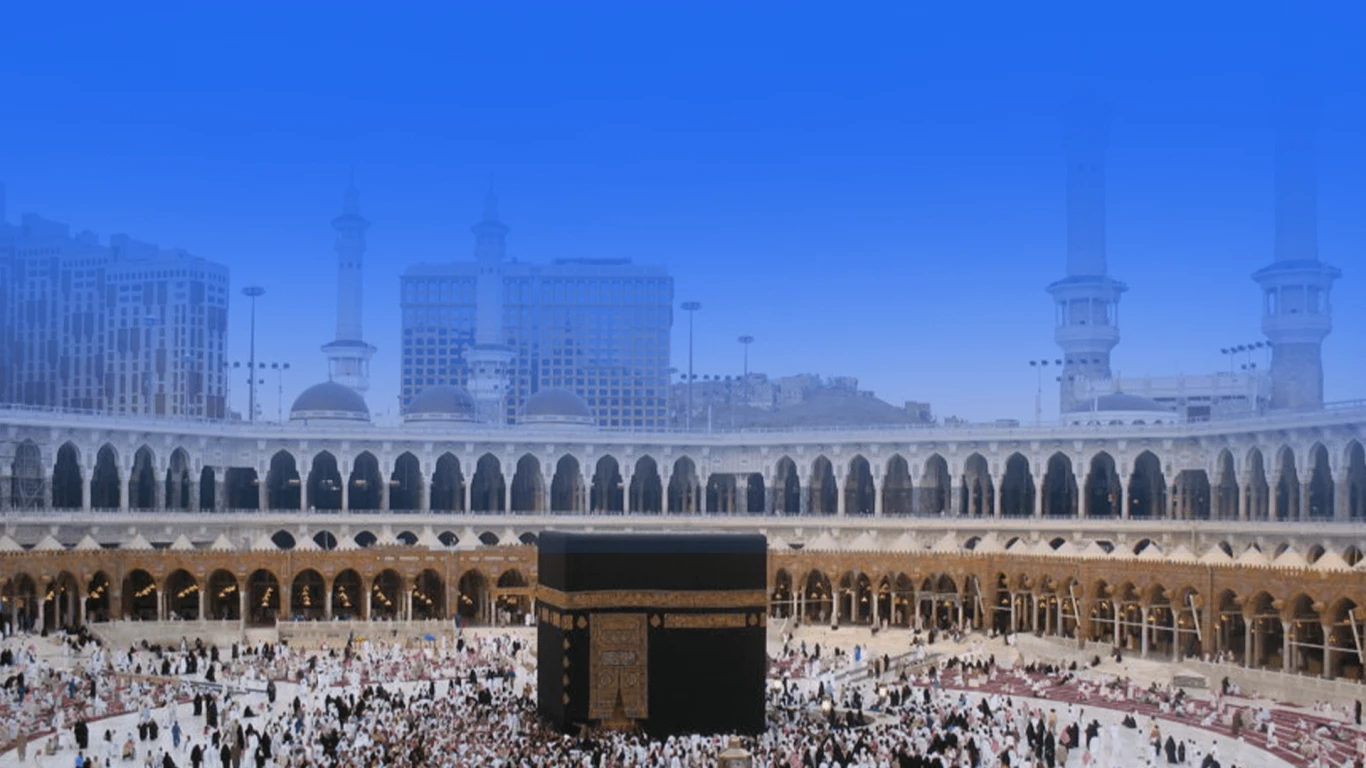Understanding Dhul Hijjah: The Significance of the First Ten Days


Dhul Hijjah, the twelfth and final month of the Islamic lunar calendar, holds immense significance in the lives of Muslims worldwide. This sacred month is a period of great spiritual renewal and devotion, marked by acts of worship and reflection. The first ten days of Dhul Hijjah are of great importance and are often regarded as some of the most blessed days of the year. Here at Feeling Blessed, we understand that emphasizing this period's spiritual rewards and significance can inspire increased generosity and charitable acts among all Muslims in the West.
Dhul Hijjah is significant for several reasons, the most prominent being the performance of Hajj, one of the Five Pillars of Islam. Hajj is a pilgrimage to the holy city of Mecca, which is required once in a lifetime for physically and financially able people. This pilgrimage represents a significant spiritual journey, embodying the principles of unity, humility, and submission to Allah (SWT).
Additionally, the tenth day of Dhul Hijjah marks Eid al-Adha, the Day of Sacrifice, commemorating the willingness of Prophet Ibrahim (AS) to sacrifice his son in obedience to Allah's command. This day expresses themes of faith, sacrifice, and charity. Muslims worldwide also engage in Qurbani (sacrifice of an animal), with the meat distributed among the poor and needy.
The first ten days of Dhul Hijjah are particularly significant, as highlighted in the Quran and Hadith. Allah (SWT) swears by these days in Surah Al-Fajr:
"By the dawn, and ten nights..." (Quran 89:1-2)
This divine oath signifies the immense value of these days. The Prophet Muhammad (SAW) further emphasized their importance in a hadith:
"There are no days on which righteous deeds are more beloved to Allah than these ten days." (Sunan Ibn Majah 1727)
During these days, Muslims are encouraged to engage in increased acts of worship, including fasting, prayer, recitation of the Quran, and giving in charity. The ninth day of Dhul Hijjah, known as the Day of Arafah, is particularly significant. Fasting on this day is highly recommended, as it expiates the sins of the previous year and the coming year:
"Fasting on the day of Arafah is an expiation for two years, the year preceding it and the year following it." (Sahih Muslim 1162)
The first ten days of Dhul Hijjah offer an unparalleled opportunity for Muslims to engage in charitable acts. Given the heightened spiritual atmosphere, Muslims are more inclined to seek the pleasure of Allah (SWT) through acts of kindness and generosity. Donating to charitable causes during this period is highly respected and aligns with the month's spirit.
Charity holds a special place in Islam. It is a means of purifying wealth and earning divine blessings. The Prophet Muhammad (SAW) said:
"The believer's shade on the Day of Resurrection will be his charity." (Tirmidhi 604)
Your donations support various causes, such as providing food and clothing to the needy, supporting educational initiatives, building wells, and other community development projects. With the current state of Muslims across the world, including in Gaza, Sudan, and many others, any donation helps.
The first ten days of Dhul Hijjah are a time of immense spiritual opportunity. They offer Muslims a chance to draw closer to Allah (SWT) through increased worship, fasting, and acts of charity. Here at Feeling Blessed, this period represents an ideal time to encourage and facilitate acts of generosity among Muslims. By highlighting these days' spiritual rewards and significance, we can inspire our community to give generously, thereby earning Allah’s pleasure and contributing to the well-being of those in need.
May Allah (SWT) accept our worship and charitable acts during these blessed days and grant us His mercy and forgiveness. Ameen.
Check out our most popular blogs and resources.